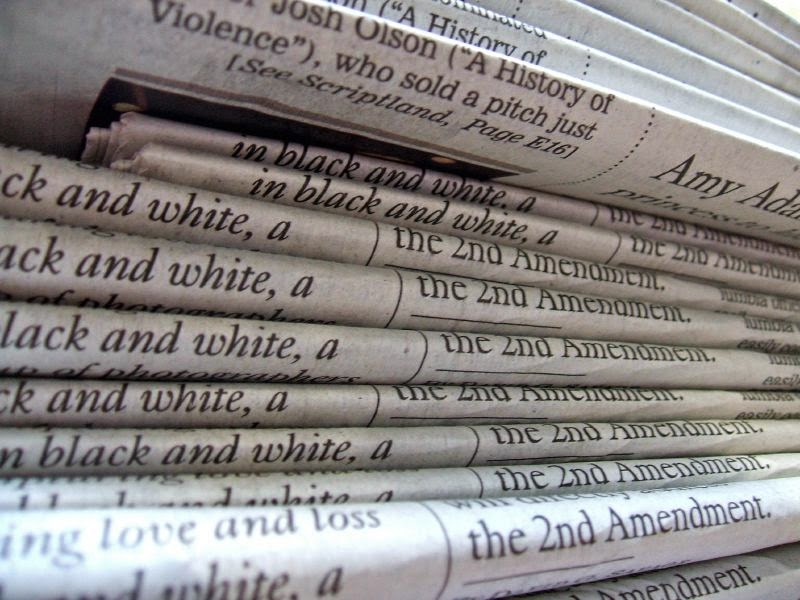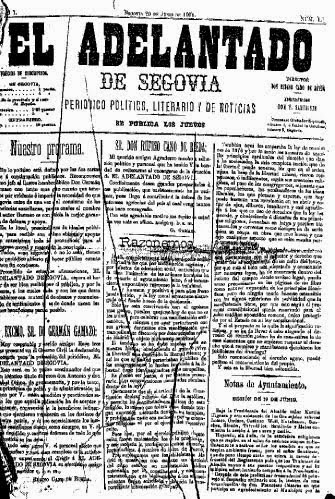BECAUSE of the literary tour around the world begun last year, I'd been reading Ukrainian books when the country was invaded on February 24th.
In the family's translated copy of Nikolai Gogol short stories, I have finished "The Tale of How Ivan Ivanovich Quarreled with Ivan Nikiforovich" and begun reading "The Nose."
 |
| Portrait of Nikolai Gogol (early 1840s) by Otto Friedrich Theodor von Möller via Wikimedia Commons |
Even as a sheltered Berliner in peacetime Germany, it hurts the soul to read the jaunty, satirical prose — framed in imperial Russia; with its tin soldier figures, small-town drama, and tempests in a teapot. Because his tales are harshly real at times, but at other times far away from harsher realities even of Gogol's time.
(That said, since I was also a reader who did not want to read pandemic literature during Covid, but others enjoyed 'the hair of the dog' as an approach to handling times of duress, your mileage may vary.)
I am often thinking before reaching for the book of the decimated 21st century apartment buildings, dead Ukrainians and Russians, and fleeing civilians of 150 years later.
 |
| "Picket Ural Cossacks" (1813) by Korneev E. M. (1782 – 1839) via Wikimedia Commons |
But, to paraphrase the Bible, the wars are always with us. In Berlin, I live in what used to be a village that was practically annihilated during the Seven Years' War. Gogol would certainly have known war at least at a distance — like the heard roll of cannon thunder.
The beautiful depictions of landscapes, people, and other vignettes in his prose are a little, but very little, comfort. Here is a passage from "St. John's Eve," another Gogol story I haven't read entirely yet, which illustrates his style:
As I now recall it,—my old mother was alive then,—in the long winter evenings when the frost was crackling out of doors, and had so sealed up hermetically the narrow panes of our cottage, she used to sit before the hackling-comb, drawing out a long thread in her hand, rocking the cradle with her foot, and humming a song, which I seem to hear even now.
Or
The sky is red only on one side, and it is already growing dark. It grows colder in the fields. It gets dusky and more dusky, and at last quite dark. At last! With heart almost bursting from his bosom, he set out on his way, and cautiously descended through the dense woods into the deep hollow called the Bear's ravine.
 |
| Nightingale by A. Weitzel, 2013 (attr.) via Wikimedia Commons |
Or, from "A May Night"
The nightingales of the Ukraine are singing, and it seems as though the moon itself were listening to their song. The village sleeps as though under a magic spell; the cottages shine in the moonlight against the darkness of the woods behind them. The songs grow silent, and all is still.
Which reminds me indirectly of Thomas Hardy's consoling poem "The Darkling Thrush" (1900), about another songbird:
So little cause for carolingsOf such ecstatic sound
Was written on terrestrial things
Afar or nigh around.
That I could think there trembled through
His happy good-night air
Some blessed Hope, whereof he knew
And I was unaware.
*
(Off topic, I haven't even gotten far into "The Nose" yet. But also based on the internal evidence of "Ivan Fedorovich Chponka and His Aunt", I have already decided that the author is not the Feminist of the Century.)
It also turns out that Gogol influenced Sholem Aleichem, another Ukrainian prose author whose work is sitting on my desk.
***
Emma Graham-Harrison, foreign correspondent for the Guardian newspaper, noted via Twitter on March 4th:
"We aged a hundred years and this descended/In just one hour, as at a stroke."Only realised today that the great 20th century poet Anna Akhmatova was born in Ukraine and had Ukrainian roots.
Her poem on the outbreak of WWI, "In Memoriam" seems apt
https://poetrybyheart.org.uk/poems/in-memoriam-july-19-1914/
***
Aside from Ukrainian works, the Jimmy Carter biography His Very Best, Canadian author Esi Edugyan's historical Half Blood Blues, Vincent Sheehan's Louis XIV and Omar el Akkad's What Strange Paradise are a few of the half-read books I'm working on.

